Judging from the cleantech crowdfunding campaigns we’ve highlighted in this Cream of the Crowdfunding Crop edition, several of which have exceeded their funding goals by a large margin, it appears that areas such as agriculture technology, portable power chargers, and climate controlling IoT devices are hot commodities on crowdfunding platforms.
Ag Startups Feed A Growing Hunger
Tennessee-based precision agriculture company AgSmarts, the Nest for agriculture irrigation, has raised 350,000 of their $400,000 goal on equity crowdfunding platform AgFunder with 36 days left in its campaign.
Founded in January 2014, AgSmarts’ wireless sensing hardware gathers data from fields to anticipate and automate soil moisture needs of specific crops.
Its “data-driven approach can enable much better efficiency – in this case only irrigating when and where you need it – which is really important in a water-constrained world” says Mike Bishop, Senior Associate with Black Coral Capital, who spoke with CleanTechIQ.
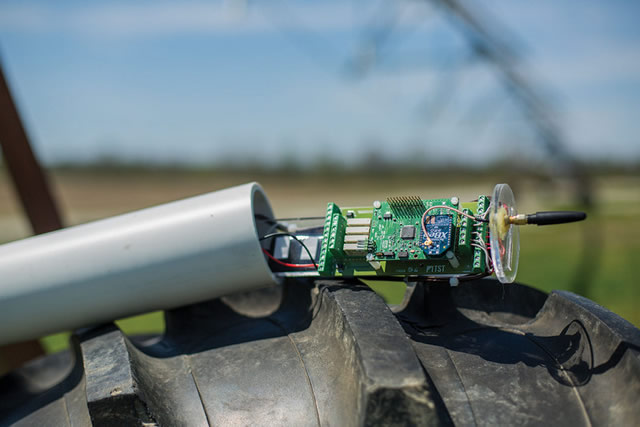
AgSmarts Soil Sensor
Agfunder is an equity crowdfunding platform for the $6.4 trillion global agriculture market that launched in Sept. 2013 and has successfully raised funds for OnFarm ($800K), a provider of data and analytics for farmers, Kuli Kuli ($350K), which sells a West African “superfood” known as moringa as both a powder supplement and as a health food bar, and Awhere ($7M) who’s software helps farmers predict weather and climate patterns. Awhere raised an additional $6.3 million in a Series A funding in September from Elixir Capital Management.
Crowdfunders Love Portable Chargers
Portable charging devices are a hot commodity these days, as people are becoming more dependent than ever on their portable devices and are now able to communicate from almost anywhere. The key areas of growth for portable charging systems include charging small-scale systems for emergency preparedness and applications in the developing world.
UK-based startup Zap&Go, which developed an ultracapacitor made of super conductive graphene that charges portable devices, raised $91,000 of its $30,000 goal on Indiegogo with 17 days left in its campaign. The device costs $99, plugs in for only five minutes and has a 1,500-mAh capacity, which can reportedly fully charge an iPhone 5S. Its key innovations include replacing aluminum foils in superconductors with graphene, which allows it to be portable, and a new power supply that enables it to charge quickly.
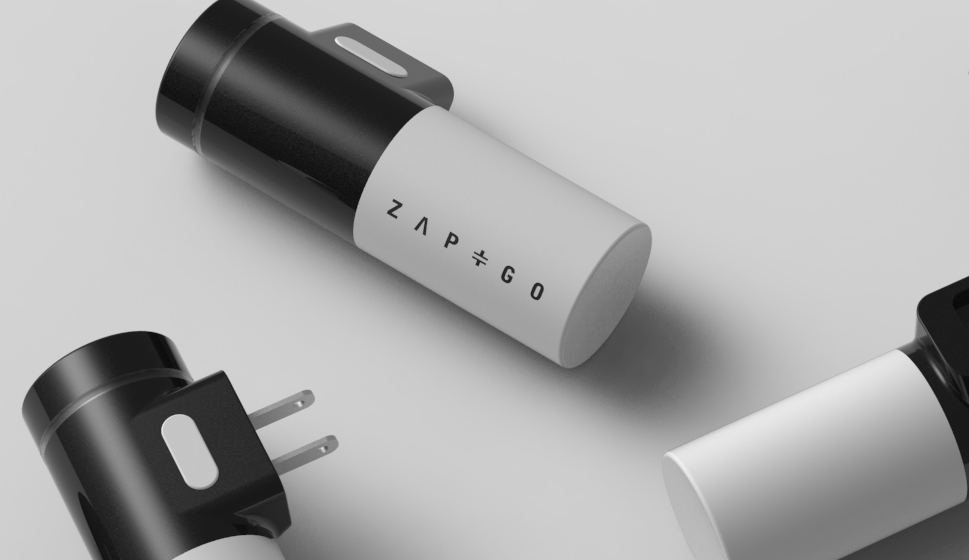
Another portable charger, Chicago-based Ampy, an $85 wearable device charger that generates power from human movement, also recently blew through their funding goal and raised $309,000 of its $100,000 goal from 2,573 backers on Nov. 10 on Kickstarter.
The key benefit of the Ampy is that it stores clean energy from human motion in an internal lithium ion battery that can power up mobile devices via USB. However, the Ampy battery only holds 1000mAh of charge, so its not powerful enough to fully charge a smart phone, and can be used more for topping off the charge in your device.
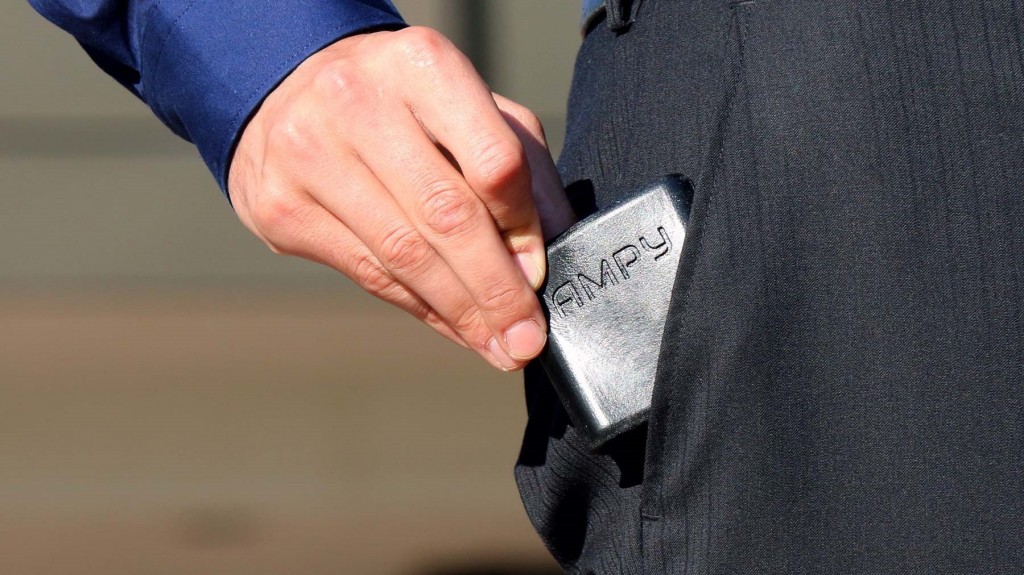
(Another human motion driven charging device comes from Unchartered Play which raised $475,000 in January on equity crowfunding website Fundable for The SOCCKET, a soccer ball that doubles as a portable generator. It also raised $92,296 from 1,094 backers on Kickstarter last year.)
And NYC-based Waka Waka, a low cost solar power light kit and charger, raised a whopping $296,000 of its $70,000 goal on Kickstarter from 2,257 backers on Nov 13.
The $79 charger includes two custom designed LED lights, one that connects to the battery pack and another with a small rechargeable battery. The 5,000 or 10,000 mAh battery pack is enough for multiple smartphone charges or an entire week of light, says the company.
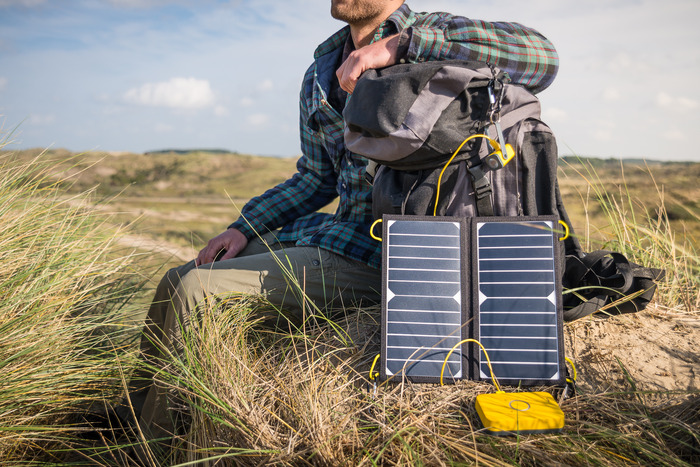
Crowdfunding for Comfort
Ambi Climate, the first product from Ambi Labs, is a $79 smart AC control IoT device that raised $114,000 of its $25,000 goal from 749 backers on Kickstarter on Nov 13. Based in Hong Kong, the product mainly targets users in Asia. And this summer they raised $13,000 from 98 backers on new Singaporean crowdfunding site Crowdtivate.
Ambi Climate allows you to sync your AC with your smartphone, giving you complete access to monitor and control your air conditioner wherever you are. It collects data closer to where you are in the room, providing a more relevant reading than your AC, and claims to cut energy bills by a third.
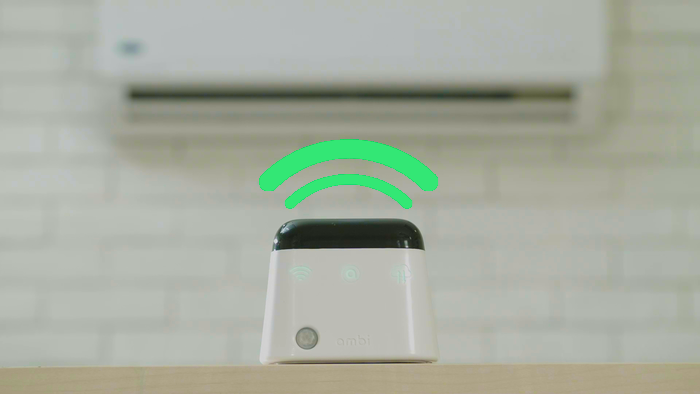
And another device, Sensibo, that allows users to control their air conditioning units with a smartphone, raised $165,516 of their $70,000 goal from 1,260 backers on Indiegogo in July.
Clean Industry
New Zealand-based Carbonscape, which uses forestry waste to make green coke and other sustainable substitutes for fossil fuel products, has so far raised $388,000 on equity crowdfunding platform SnowBall Effect, which focuses on raising capital for NZ-based businesses, with 16 days left in its campaign. Its green coke—a form of high-quality carbon made from mineral coal used to fuel furnaces during the steel making process—replaces traditional coke.
A Nation of Drought
The Drop-A-Brick Indiegogo campaign is a non-profit initiative launched by a consortium of individuals and small businesses in San Francisco’s advertising, design and manufacturing industries to help conserve water due to California’s drought. Drop-A-Brick is bringing back the old water saving trick of putting a brick in your toilet tank. Their product is a rubber brick costing $15 that displaces about half a gallon. The average toilet in California uses 2.7 gallons per flush (gpf), over one gallon more than the federal standard of 1.6 gpf. The U.S. EPA has a published guideline of 1.28 gpf.
Backers can buy their own bricks or donate bricks to families in especially drought stricken areas. The campaign has raised nearly $30,000 of an $80,000 goal with an end date of Nov. 30.
